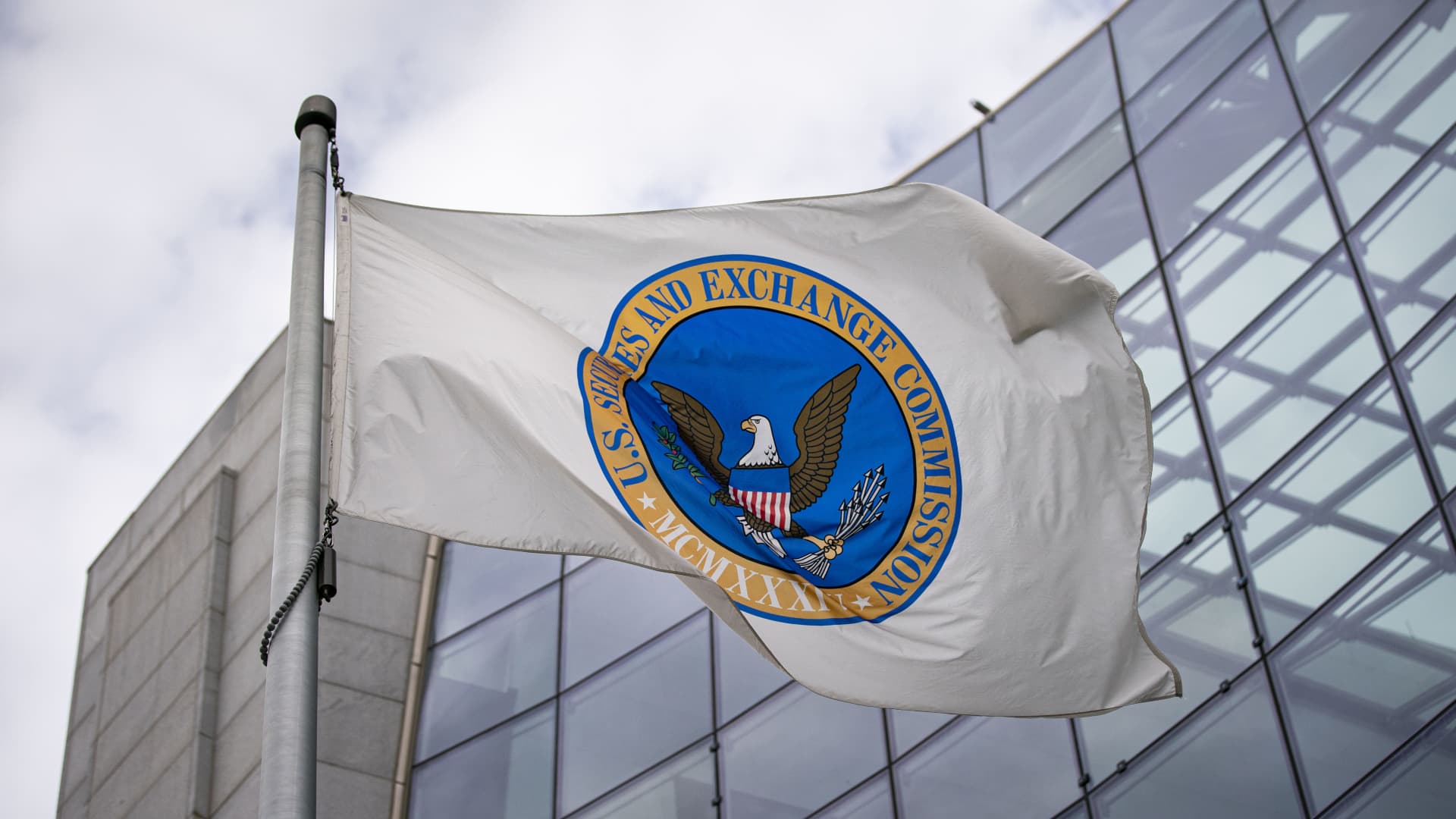Circle, the entity responsible for the popular USD Coin (USDC) stablecoin, has entered the fray concerning the ongoing legal battle between the United States Securities and Exchange Commission (SEC) and the crypto exchange giant, Binance.
In a recent court filing, Circle has taken a stance, contending that stablecoins should not be classified as securities under the law.
The crux of Circle’s argument hinges on the nature of stablecoins like Binance USD (BUSD) and USDC, which are explicitly pegged to the U.S. dollar.
Circle asserts that these assets do not exhibit the characteristics typically associated with securities, primarily because individuals purchasing these stablecoins do not harbor any profit expectations stemming from their acquisition.
In other words, payment-oriented stablecoins do not inherently possess the attributes of an investment contract.
This legal skirmish had its origins in the SEC’s move on June 5, when the regulatory body filed a lawsuit against Binance, leveling a total of 13 charges against the cryptocurrency exchange.
Among these allegations, the SEC contended that the sale of Binance’s native BNB tokens and BUSD tokens amounted to unregistered security sales.
READ MORE: Hypothekarbank Lenzburg Joins SDX: Swiss Bank Expands Digital Asset Presence
Additionally, the SEC accused Binance of failing to register as a broker-dealer clearing agency and conducting unauthorized operations within the United States.
Responding to these charges, Binance and its CEO, Changpeng Zhao, sought a dismissal of the SEC’s lawsuit on September 22.
Their legal team argued that the SEC had exceeded its jurisdiction in pursuing the case against them. Binance and Zhao contended that the SEC had failed to provide clear regulatory guidelines for the cryptocurrency sector before initiating legal action, essentially retroactively asserting authority over the industry.
Beyond the realm of cryptocurrencies and exchanges, the SEC has also taken a keen interest in nonfungible tokens (NFTs), deeming them securities as well.
Notably, on August 28, the SEC filed charges against Impact Theory, an entertainment company, in connection with the sale of its NFT collection, asserting that the NFTs constituted unregistered securities.
Further underscoring its stance, on September 13, the SEC brought charges against the entity behind the Stoner Cats NFT collection, alleging that it facilitated the sale of unregistered securities when offering NFTs to the public.
As the legal landscape surrounding cryptocurrencies, stablecoins, and NFTs continues to evolve, these cases serve as critical battlegrounds, with significant implications for how these digital assets are regulated in the United States.
Other Stories:
Crypto Trader’s Cross-Country Journey Ends in Seattle: A Bitter Twist of Fate
Major Cryptocurrency Exchange Bitspay Faces Scrutiny Over Alleged Fake License Claims
Binance Completes Exit from Russian Market, Sells Operations to CommEX




